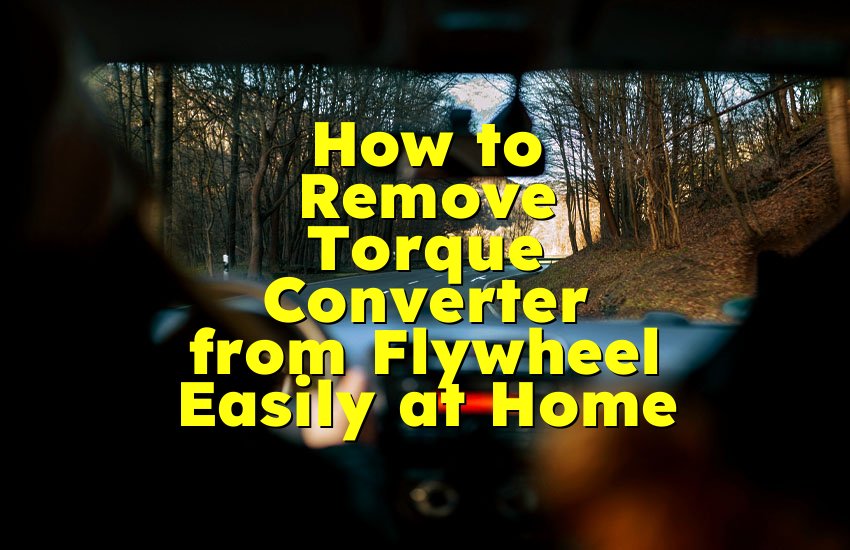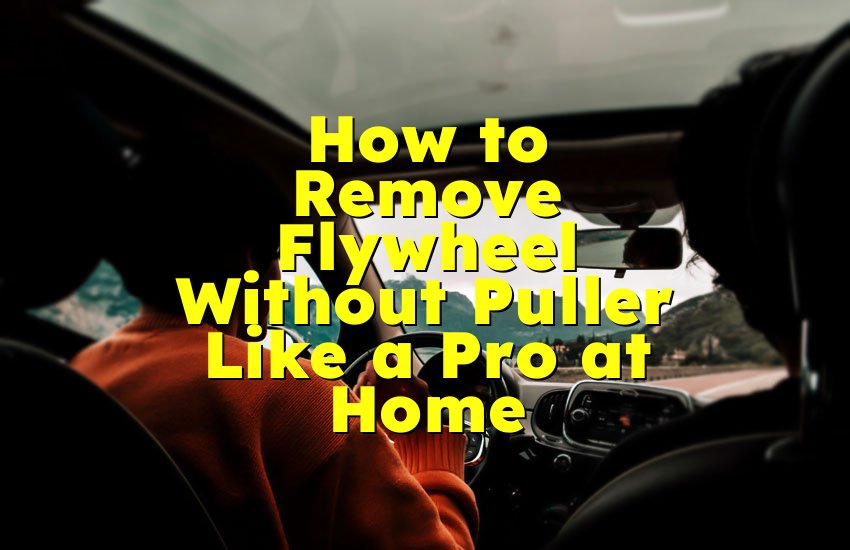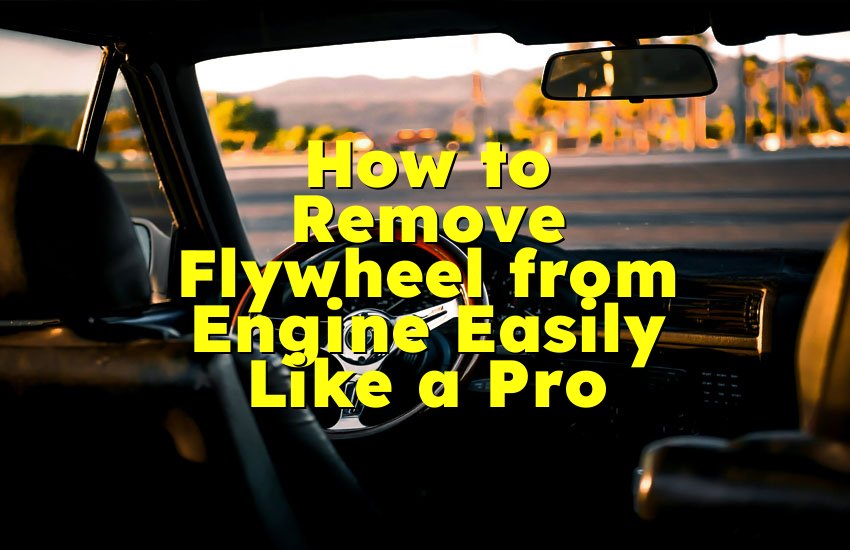As an Amazon Associate, I earn from qualifying purchases at no extra cost to you.
How Often Should Cabin Air Filters Be Changed? (Expert Guide)
Your car's cabin air filter is one of those small parts you might forget about until the air inside your car starts to smell bad or feels dusty. Changing the cabin air filter regularly keeps the air fresh and clean while you drive. But how often should you really change it? In this article, I will share the best advice on how often to replace your cabin air filter and why it matters for your health and comfort.
Understanding What a Cabin Air Filter Does
A cabin air filter is a small filter inside your car that cleans the air coming into the cabin from outside. It blocks dust, pollen, dirt, and even pollution so you and your passengers breathe cleaner air. Many people don't realize how important this filter is for the air quality inside their car.
The filter works like the filter in your home's air system, but it faces tougher challenges because it has to trap road dust, leaves, bugs, and exhaust fumes. Over time, the filter gets clogged with dirt and debris, making it harder for air to pass through. This means your air conditioning and heating won't work as well, and you might notice smells or foggy windows.
If you drive in a city with a lot of pollution or on dirt roads, the filter will get dirty faster. On the other hand, if you mostly drive in clean, open areas, the filter might last longer.
Changing the cabin air filter on time keeps the air fresh, helps your car's climate system work well, and protects you from breathing harmful particles.
- Cabin air filters clean outside air before it enters your car.
- They block dust, pollen, pollution, and debris.
- A clogged filter makes air flow worse and causes bad smells.
- Driving conditions affect how quickly filters get dirty.
- Regular changes keep air fresh and protect your health.
Signs That Tell You It's Time to Change the Cabin Air Filter
You don't have to wait for a scheduled time if your car shows signs that the cabin air filter needs changing. Paying attention to these signs can save you discomfort and help avoid bigger problems with your car's air system.
One of the first signs is if you notice bad or musty smells inside your car, especially when you turn on the air conditioner or heater. This happens because a dirty filter traps moisture and bacteria that cause odor. Another sign is if your car's airflow feels weaker than before. When the filter clogs up, air has a hard time passing through, so you might feel less air coming from the vents.
You might also see windows fogging up more than usual. A clogged filter can reduce your car's ability to clear humidity, making it harder to keep windows clear. Allergies can also get worse if you're breathing in dust and pollen that the filter is no longer blocking well.
If you have your car checked for service, mechanics often suggest changing the cabin air filter when they notice poor airflow or bad smells.
- Musty or bad smells when the AC or heater is on.
- Weaker airflow from the vents.
- Windows fog up more easily.
- Increased allergy symptoms inside the car.
- Mechanics recommend filter change during service.
How Driving Habits and Environment Affect Filter Life
Where and how you drive can change how often you need to replace your cabin air filter. If you live in a city with lots of pollution or dust, your filter will get dirty faster. Similarly, if you drive on gravel or dirt roads, or through construction zones, the filter will catch more debris and clog sooner.
On the other hand, if you mostly drive on clean highways or in suburban areas with less dust and pollution, the filter might last longer. Also, if you use your car's AC or heater a lot, the filter works more and can wear out faster.
Weather plays a role too. In places with lots of rain or humidity, filters might get damp and clogged more quickly. If you park your car outside under trees, pollen and leaves can block the filter as well.
Because of all these factors, it's good to check your cabin air filter more often if you have rough driving conditions. Just following the "one size fits all" rule might not work well.
- City driving with pollution clogs filters faster.
- Dirt roads and construction dust reduce filter life.
- Frequent use of AC or heater wears out filters quicker.
- Humid weather can cause filters to get damp and dirty.
- Parking under trees adds pollen and debris to filters.
Manufacturer Recommendations and Common Time Frames
Car makers usually suggest changing the cabin air filter every 12,000 to 15,000 miles or about once a year. This is a good general rule for most drivers under normal conditions. If you check your car manual, you will often find a recommended replacement schedule for the filter.
Many mechanics also follow this guideline and include cabin air filter checks during regular car services. Some cars have filters that are easier to reach and change, while others may need more effort.
If you are unsure, sticking to the manufacturer's advice is a smart idea. It keeps your warranty safe and ensures your car runs well. But remember, this is just a baseline. Your driving habits and environment might require more frequent changes.
Besides mileage, some experts suggest checking the filter every 6 months visually. If it looks dirty or clogged, change it even if you haven't reached the mileage limit.
- Manufacturer advice is usually 12,000-15,000 miles or 1 year.
- Manuals provide a filter change schedule.
- Mechanics recommend filter checks during services.
- Check filters visually every 6 months for heavy dirt.
- Follow manufacturer advice but adjust for your conditions.
How to Check and Replace Your Cabin Air Filter
Checking your cabin air filter is easier than many think, and replacing it doesn't need to be expensive or take long. Most cars have the filter behind the glove box, under the dashboard, or under the hood near the windshield.
To check, open the glove box and look for a plastic cover or small door. Remove it carefully and pull out the filter. Look closely: if the filter is dark, full of dust, leaves, or debris, it's time to replace it.
When buying a new filter, make sure you get one that fits your car's make and model. You can find cabin air filters at car stores or online.
Replacing the filter is mostly a matter of sliding the old one out and sliding the new one in the same way. Be gentle so you don't damage the filter or its holder.
After replacement, turn on your AC or heater to feel the difference in airflow and freshness. If you don't feel any improvement, check if you installed the filter correctly.
- Filters are usually behind the glove box or under the hood.
- Remove the cover and take out the filter to check it.
- Dirty filters are dark and full of dust or debris.
- Buy the correct filter for your car model.
- Replace by sliding out the old filter and sliding in the new one.
Benefits of Regular Cabin Air Filter Changes
Changing your cabin air filter regularly does more than just keep your car smelling nice. It protects your health, especially if you have allergies or asthma. Clean air means fewer dust particles, pollen, and pollution inside the car, which helps you breathe easier.
Regular filter changes also help your car's heating and cooling systems work better. When the filter is clean, air flows freely, so the AC or heater doesn't have to work too hard. This can save fuel and reduce wear on your car's parts.
A fresh filter also helps keep your windows clear by controlling humidity better. This is important for safe driving in rainy or cold weather.
Ignoring filter changes can cause bad smells, foggy windows, and even damage your car's HVAC system over time, which can lead to expensive repairs.
- Clean filters improve air quality and protect health.
- They help heating and cooling systems work efficiently.
- Regular changes can save fuel and reduce car wear.
- Fresh filters reduce window fogging for better safety.
- Avoid bad smells, poor airflow, and costly repairs.
Final Thoughts
Knowing how often to change your cabin air filter makes a big difference in your driving comfort and health. While many suggest every 12,000 to 15,000 miles, your unique driving conditions can mean changing it more or less often. Watch for signs like bad smells, weak airflow, and foggy windows. Checking and replacing your filter is simple and keeps the air fresh, your car's system running smoothly, and you breathing easy.
| Driving Condition | Suggested Filter Change Frequency |
|---|---|
| Normal city or highway | Every 12,000-15,000 miles or once a year |
| Heavy pollution or dust | Every 6,000-10,000 miles |
| Dirt roads or construction | Every 6,000-8,000 miles |
| High pollen or trees area | Every 6-12 months |
| Frequent AC/heater use | Check every 6 months |
Frequently Asked Questions (FAQs)
Is it necessary to change the cabin air filter every year?
Yes, changing the cabin air filter every year is a good rule for most people. Over a year, the filter collects dust, pollen, and dirt that make it less effective. Even if you don't see much dirt, the filter can get clogged inside and reduce airflow. Changing it yearly helps keep your car's air clean and your AC or heater working well.
Can I drive with a dirty cabin air filter?
You can drive with a dirty filter, but it's not a good idea. A clogged filter reduces airflow, making your AC or heater less effective. It also lets dust and pollen into your car, which can bother allergies or cause bad smells. Over time, a dirty filter can damage your car's climate system, costing you more in repairs.
Do I need a special tool to replace the cabin air filter?
No, most cars don't need special tools to replace the cabin air filter. Usually, you just open a plastic cover or a door behind the glove box or under the hood. Some filters slide out easily by hand. However, a screwdriver may be needed to remove screws in some car models. Always check your car manual for specific instructions.
Is it okay to clean and reuse a cabin air filter?
Some cabin air filters are reusable and can be cleaned, but most are disposable and should be replaced. Cleaning disposable filters may not remove all dirt and can damage the filter material. If you want to clean a reusable filter, follow the manufacturer's instructions carefully. Otherwise, it's better to replace the filter to keep air quality good.
Can a dirty cabin air filter cause bad smells in my car?
Yes, a dirty cabin air filter often causes bad smells. When the filter gets clogged, moisture can build up inside it, leading to mold or bacteria growth. These cause musty or foul odors that come through the vents when you turn on the AC or heater. Changing the filter regularly prevents these smells and keeps your car smelling fresh.
Do I have to replace the cabin air filter if I only drive a few miles a week?
Even if you drive only a little, it's important to change the cabin air filter regularly. Dirt, dust, and pollen still get trapped over time, and filters can get damp, causing mold growth. So replacing the filter once a year or every 12,000-15,000 miles, whichever comes first, is a good idea for healthy air inside your car.
Is it expensive to replace a cabin air filter?
Replacing a cabin air filter is usually not expensive. The filter itself costs between $10 and $30 depending on the car model and brand. If you do the replacement yourself, you save on labor costs. Even if you pay a mechanic, it is a low-cost service that helps keep your car in good condition and prevents costly repairs later.
Can a clean cabin air filter improve my car's fuel efficiency?
Yes, a clean cabin air filter can help your car's climate system run more efficiently. When the filter is clogged, the AC or heater has to work harder to push air through, which can use more energy and fuel. With a clean filter, air flows freely, reducing strain on your car's engine and potentially improving fuel economy slightly.











